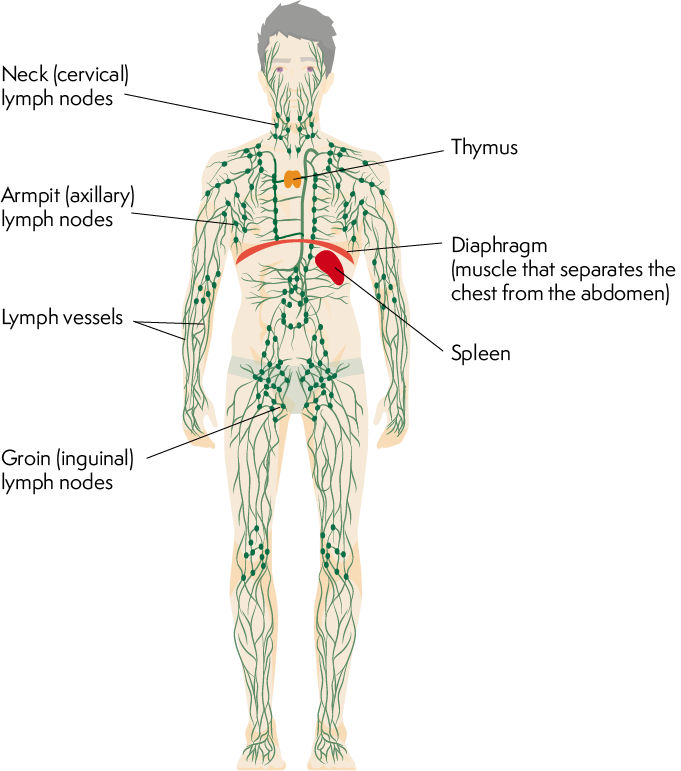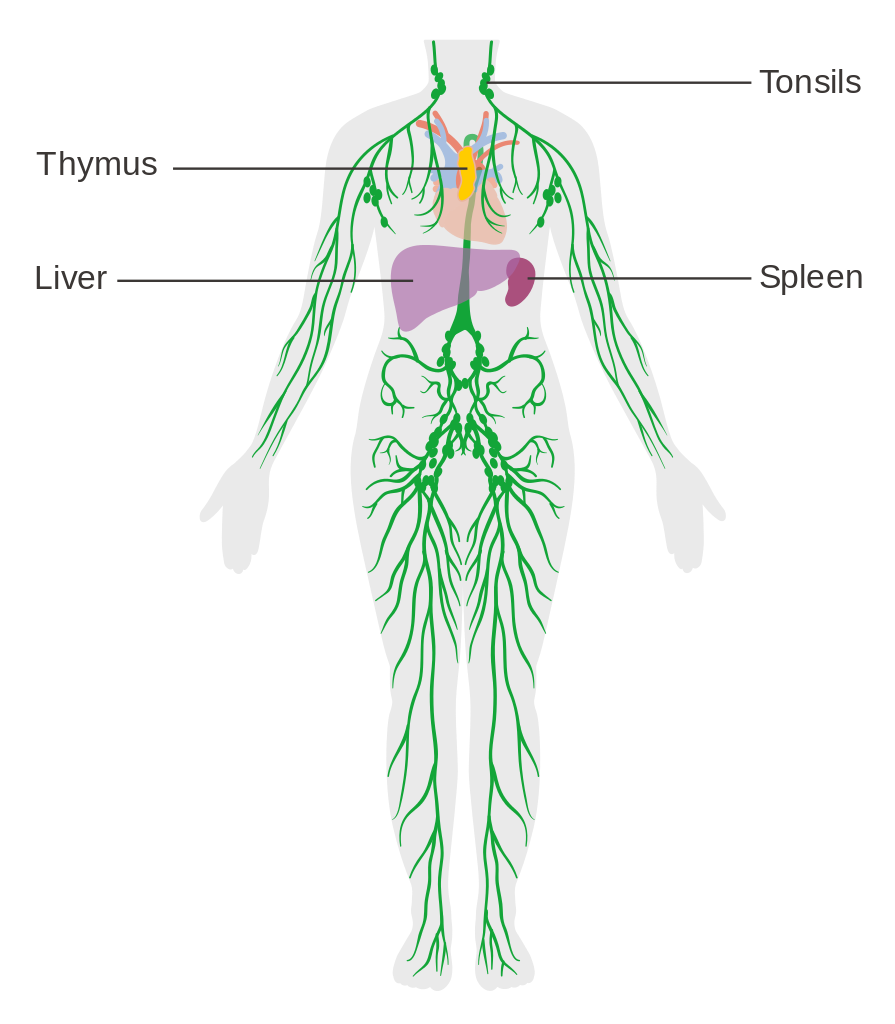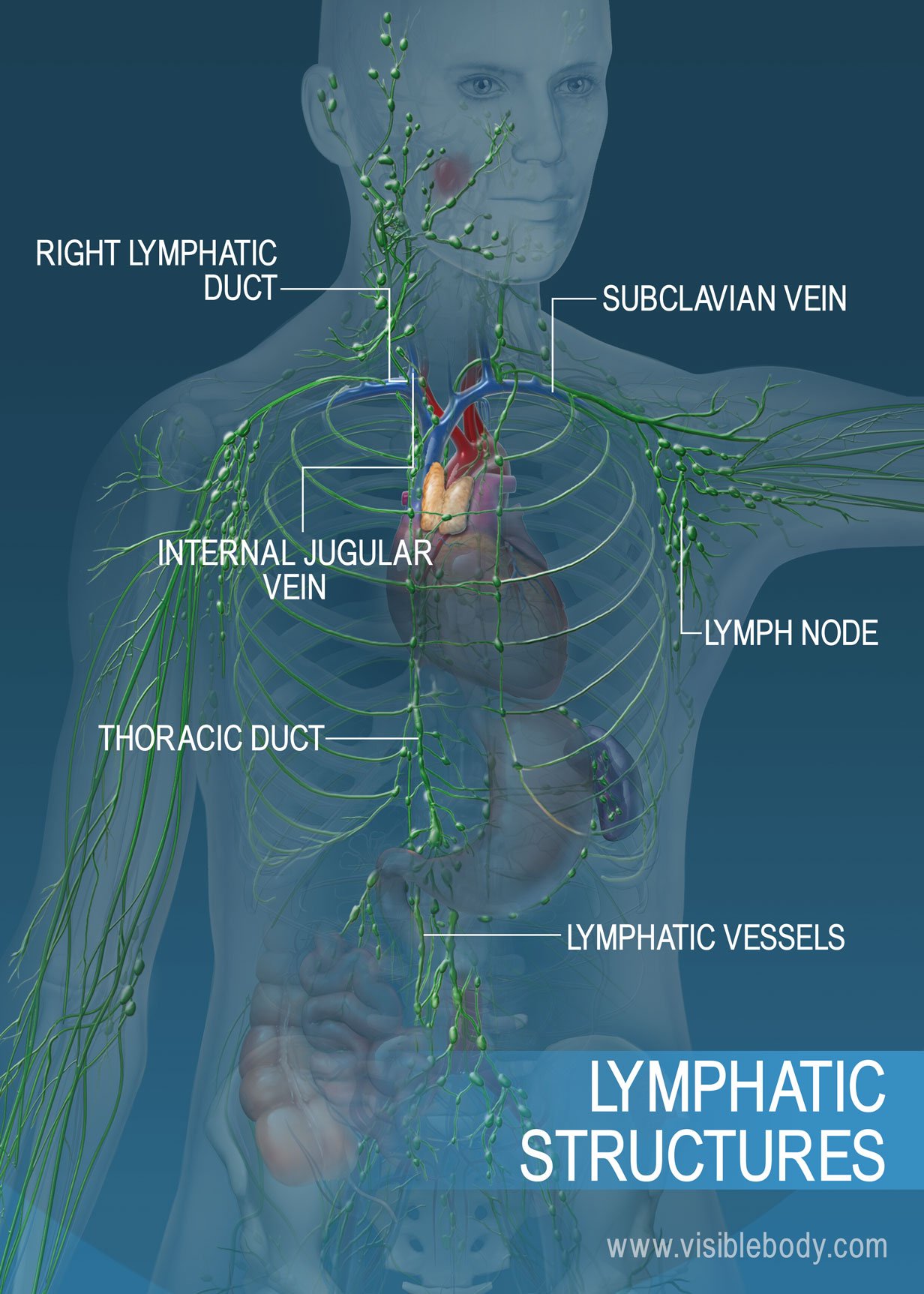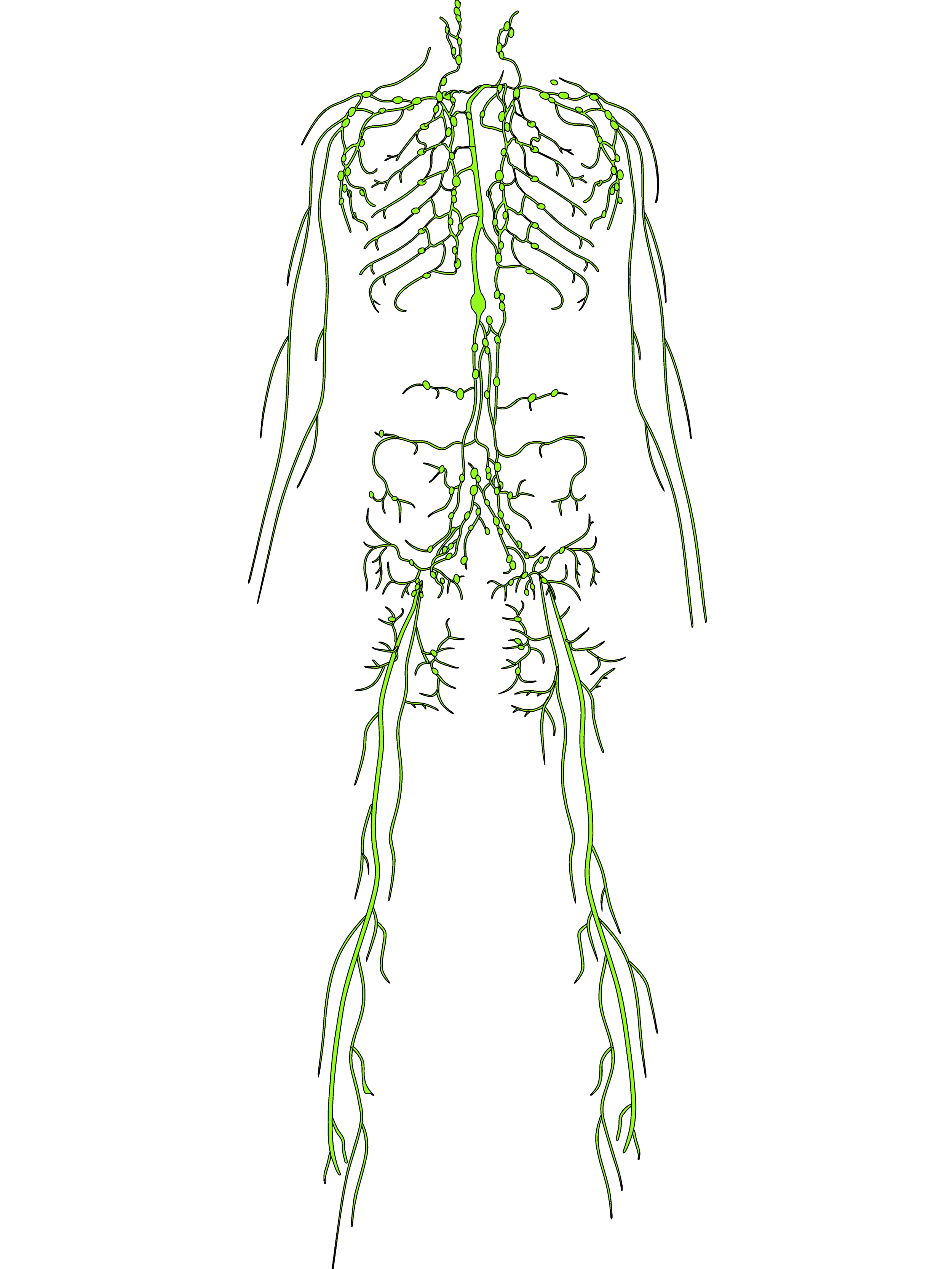Unveiling the Hidden Network: A Comprehensive Guide to the Lymphatic System
Related Articles: Unveiling the Hidden Network: A Comprehensive Guide to the Lymphatic System
Introduction
In this auspicious occasion, we are delighted to delve into the intriguing topic related to Unveiling the Hidden Network: A Comprehensive Guide to the Lymphatic System. Let’s weave interesting information and offer fresh perspectives to the readers.
Table of Content
Unveiling the Hidden Network: A Comprehensive Guide to the Lymphatic System

The human body is a complex and intricate network of systems working in concert to maintain life. While the circulatory system, with its heart and blood vessels, is well-known, another vital network, often overlooked, plays a crucial role in our health and well-being: the lymphatic system. This article delves into the intricate workings of the lymphatic system, exploring its structure, functions, and importance in maintaining our overall health.
The Lymphatic System: A Network of Vessels and Nodes
The lymphatic system is a vast network of vessels, tissues, and organs that permeates the entire body, acting as a secondary circulatory system. Unlike the circulatory system, which relies on the heart to pump blood, the lymphatic system relies on muscle contractions and other bodily movements to circulate its fluid, known as lymph.
Components of the Lymphatic System:
- Lymphatic Vessels: These thin-walled vessels resemble veins and are responsible for collecting and transporting lymph throughout the body. They are found in most tissues, except for the brain and bone marrow.
- Lymph Nodes: These small, bean-shaped organs are strategically located along the lymphatic vessels. They act as filters, trapping foreign substances like bacteria, viruses, and cancer cells, and housing immune cells that destroy these invaders.
- Lymphoid Organs: These specialized organs, including the spleen, thymus, bone marrow, tonsils, and adenoids, play crucial roles in immune function. The spleen filters blood, the thymus matures immune cells, bone marrow produces blood cells, and the tonsils and adenoids trap pathogens entering the body through the nose and mouth.
The Vital Functions of the Lymphatic System:
The lymphatic system performs several critical functions that are essential for maintaining health and fighting off disease:
- Fluid Balance: The lymphatic system collects excess fluid from tissues and returns it to the bloodstream, preventing swelling and maintaining fluid balance.
- Immune Defense: Lymph nodes are crucial in the body’s immune response. They trap pathogens and house white blood cells that fight infection.
- Fat Absorption: Lymphatic vessels in the small intestine absorb fats and other nutrients, transporting them to the bloodstream.
- Waste Removal: The lymphatic system helps remove cellular waste products and toxins from the body.
Understanding the Importance of a Healthy Lymphatic System
A well-functioning lymphatic system is essential for maintaining overall health and preventing disease. When the lymphatic system is compromised, it can lead to a range of issues, including:
- Swelling (Edema): An impaired lymphatic system can lead to fluid buildup in tissues, causing swelling. This can occur in the legs, arms, or other areas.
- Infections: A weakened lymphatic system can make the body more susceptible to infections.
- Cancer Spread: The lymphatic system can be a pathway for cancer cells to spread throughout the body.
Factors that Can Affect Lymphatic System Function:
Several factors can affect the lymphatic system’s efficiency, including:
- Lack of Exercise: Regular physical activity helps pump lymph throughout the body.
- Poor Diet: A diet high in processed foods and low in fruits, vegetables, and fiber can negatively impact lymphatic function.
- Stress: Chronic stress can suppress the immune system and disrupt lymphatic flow.
- Environmental Toxins: Exposure to toxins, such as pollutants and chemicals, can overload the lymphatic system.
Supporting Lymphatic Health:
While the lymphatic system works autonomously, there are steps you can take to support its health and function:
- Regular Exercise: Engage in moderate-intensity exercise for at least 30 minutes most days of the week.
- Healthy Diet: Consume a balanced diet rich in fruits, vegetables, whole grains, and lean protein.
- Hydration: Drink plenty of water to help flush out toxins and keep lymph flowing.
- Stress Management: Practice stress-reducing techniques like yoga, meditation, or deep breathing exercises.
- Lymphatic Drainage Massage: This gentle massage technique can stimulate lymphatic flow and help remove waste products.
- Dry Brushing: Using a natural bristle brush to gently massage the skin in a direction towards the heart can stimulate lymphatic drainage.
- Sauna or Steam Room: Heat can help dilate blood vessels and promote lymphatic flow.
FAQs About the Lymphatic System:
1. What is Lymphedema?
Lymphedema is a condition characterized by swelling due to a buildup of lymph fluid in the tissues. It can occur when the lymphatic system is unable to drain fluid effectively.
2. What are the Symptoms of Lymphedema?
Symptoms of lymphedema include swelling, tightness, heaviness, and discomfort in the affected area. The swelling may be gradual or sudden and can worsen over time.
3. What Causes Lymphedema?
Lymphedema can be caused by various factors, including surgery, radiation therapy, infection, and congenital abnormalities.
4. How is Lymphedema Treated?
Treatment for lymphedema typically involves a combination of manual lymphatic drainage massage, compression therapy, and exercise.
5. Can I Prevent Lymphedema?
While not always preventable, maintaining a healthy lifestyle, managing stress, and staying hydrated can help reduce the risk of developing lymphedema.
Tips for Maintaining Lymphatic Health:
- Stay Active: Engage in regular physical activity to promote lymph circulation.
- Drink Plenty of Water: Hydration is crucial for maintaining lymphatic fluid balance.
- Eat a Healthy Diet: Focus on whole, unprocessed foods rich in antioxidants and fiber.
- Manage Stress: Practice stress-reducing techniques like yoga, meditation, or deep breathing exercises.
- Get Enough Sleep: Adequate sleep is essential for immune function and overall health.
- Avoid Toxins: Limit exposure to environmental toxins and chemicals.
Conclusion:
The lymphatic system, though often overlooked, plays a vital role in our overall health and well-being. It is a complex network responsible for fluid balance, immune defense, fat absorption, and waste removal. By understanding the importance of a healthy lymphatic system and implementing lifestyle strategies to support its function, we can contribute to our overall health and well-being. Remember, a healthy lymphatic system is a key component of a robust and resilient body.




/GettyImages-1264199344-2fcaedbfb784455ca81d308e77ca6d40.jpg)


.gif)
Closure
Thus, we hope this article has provided valuable insights into Unveiling the Hidden Network: A Comprehensive Guide to the Lymphatic System. We thank you for taking the time to read this article. See you in our next article!